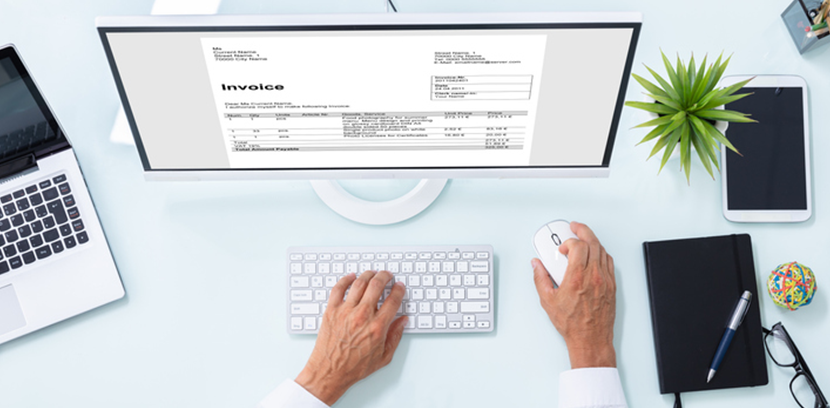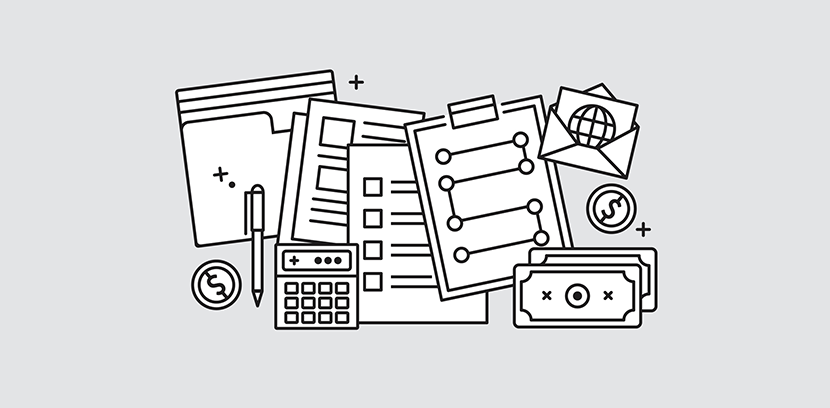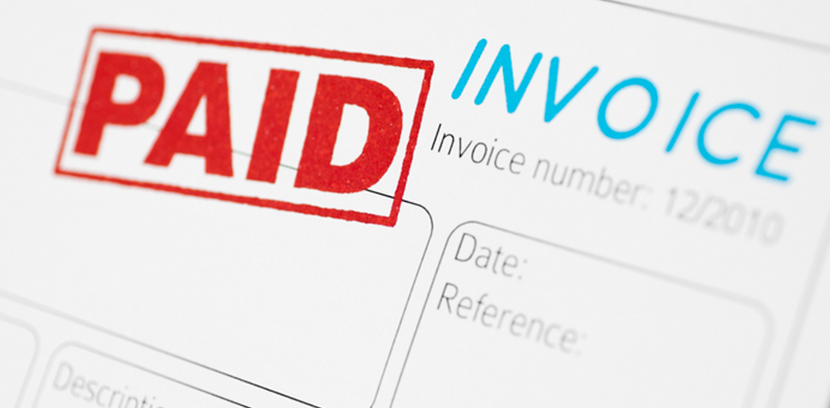If your client hasn't paid your invoice yet, it could be because they have some questions about your invoice. Invoice disputes can take time to resolve. You may have moved on to other projects or be otherwise busy but if you don't follow up, your invoice remains unpaid. Would you like to avoid invoice disputes altogether?
Recent Posts
Every week on this blog, we are sharing best practices and ideas for improving cash flow and supporting your accounts receivable department. Part of setting up your accounts receivable department for success is defining job responsibilities and hiring the right people for the job. By clearly delineating what each position should be doing, your A/R department becomes an efficient, well-oiled machine, increasing cash flow and limiting the need for collections.
Download these free sample job description templates for your accounts receivable department.
If we lived in a world where every client paid their bill on time, we wouldn't have to talk about the "dirty work" of collections. Talking to clients about money can be uncomfortable, especially when you might be taking their non-payment personally. We recommend the money conversation early and often and we highly recommend following up on any invoices that are past due.
Or...
You could automate your accounts receivable collections and save yourself a headache.
Here's why you should automate your A/R collections.
There's nothing more frustrating than waiting for money. You've built a budget around it. You've planned purchases or payroll on the expectation of receiving it. You may have even noticed a trend of clients who seem to be nonchalant in getting you paid on time. You're pulling your hair out asking, "Why does this keep happening!?" Keep reading to learn why businesses fail to pay their invoices.
Why Your Clients Don't Pay On Time
When starting your business, one of the most important decisions you made was the company name. During your legal business registration, you also likely had to choose among "LLC", "Inc", "Corp" and so on. You did research to make sure that no other organization shared your business name. The same can be said for your clients. If you're unaware of their full legal name, you may find your business in a bind if a contractual breach arises.
Here are a few tips to help ensure your company is contracted with and billing the accurate client.
In every business and at every job level, there are negative situations. You may be faced with challenging colleagues or a client who's not holding up their end of a deal. It could be easy to loathe your job or let it get to you. You may then experience mental health challenges or problems with your home life. Or you could empower yourself and learn to face things with a different attitude. Your choice could change the outcome or launch you into something better.
Here are 4 best practices to stay positive in negative situations.
It's easy to assume that the typical victim of fraud will be a consumer. Unfortunately, businesses also fall victim to corporate fraud, with small businesses especially at risk. According to the Association of Certified Fraud Examiners (ACFE), fraud schemes such as invoicing fraud, kickbacks, skimming and billing schemes are on the rise. Small businesses fall prey to these fraudulent activities more than larger organizations because they don't have the same resources or processes to prevent it.
Don't fall victim to business fraud. Use these best practices to keep your business safe.
One of the biggest factors determining the success or failure of a business is how well they manage their accounts receivable. Accounts receivable management is defined as the practice of collecting money that is owed after extending credit for a product or service. You may not think of invoicing as extending credit but anytime your business delivers a product or a service and has to wait on payment, you're effectively giving the other business a credit line. That payment should be received in a relatively short amount of time or your cash flow is affected.
Here are the VERY BEST practices to manage and collect on B2B accounts receivable.
When your sales team closes on a new client, they quickly move on to the next prospect. With just a few moments to celebrate, there are still contracts that need signed and a quota to reach. As the client is set up in your invoicing system, you're given accurate information about the new sale including the client contact and accounts payable department. What happens, however, when the client stops paying? Was your sales team duped? Surprisingly, one of the reasons for nonpayment is because your information is outdated.
How accurate is your client information?
If you're running a business or simply part of the accounts receivable department, you know that unpaid invoices can be the bane of your existence. You need money to pay bills. You need money to invest in the business. You need those invoices paid so you don't have to make an uncomfortable phone call.
The best way to get your invoices paid on time is to determine what processes or systems work best for you and your clients. These processes will help you to improve cash flow by increasing consistency, timeliness and accuracy.














